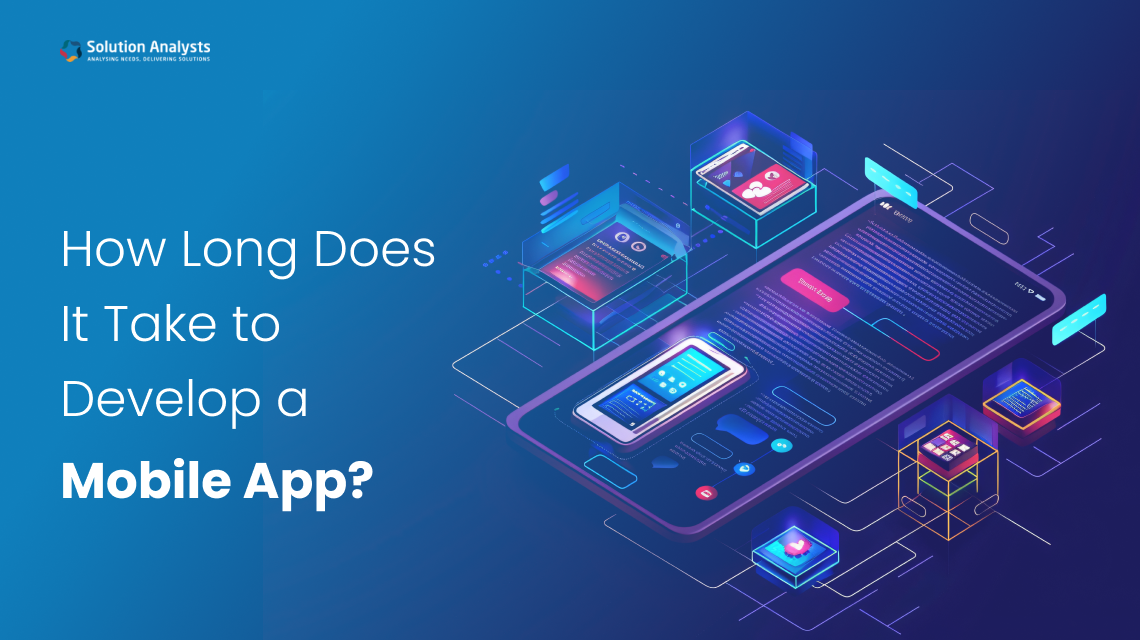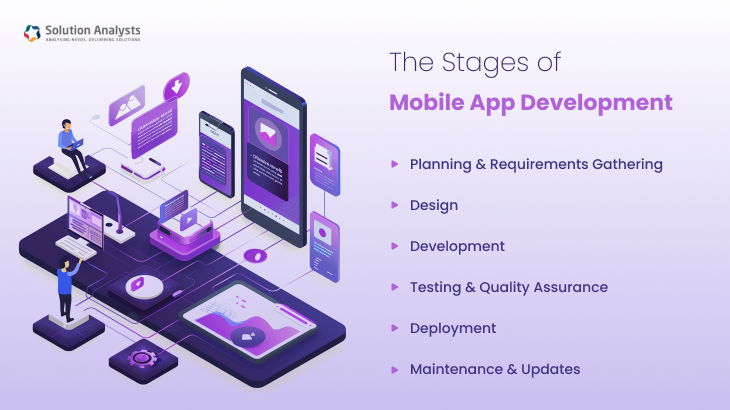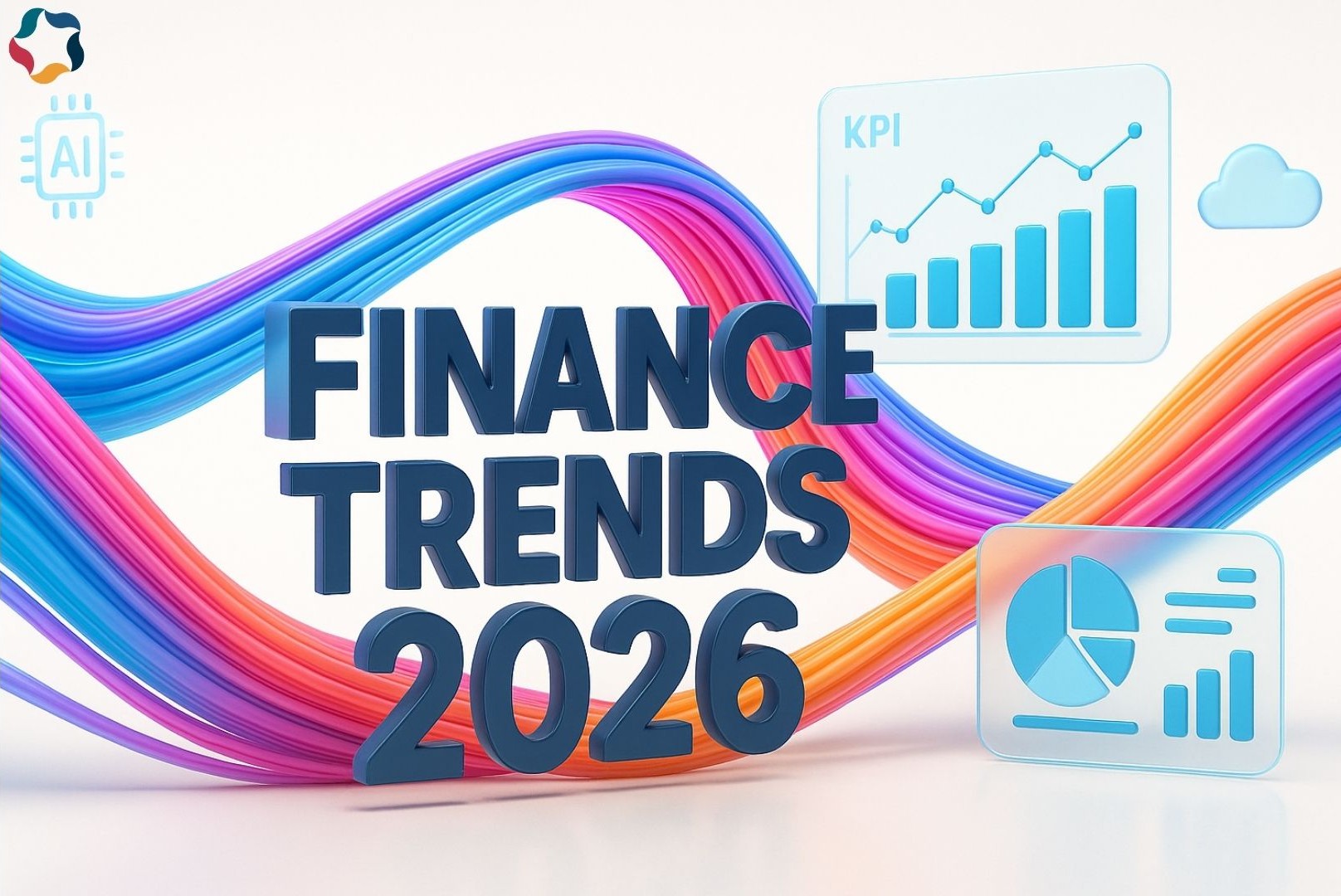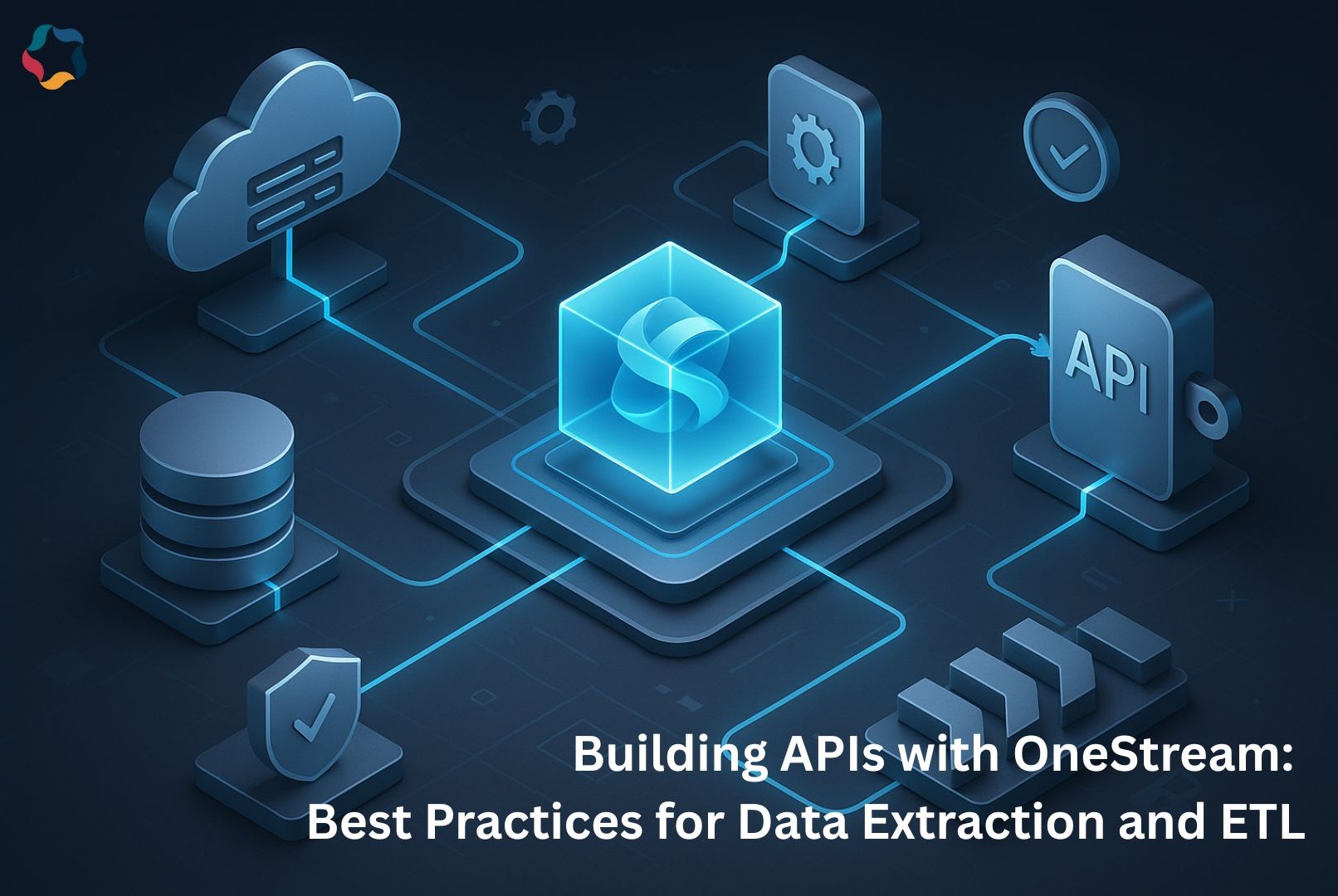
Table of Contents
There are several steps involved in creating a mobile application, and each has certain duties and deadlines. Setting reasonable goals requires understanding how much time is needed for each stage, regardless of how simple or sophisticated the program is. We’ll dissect the procedure, look at variables that impact development time, and create timeframes for various kinds of colorful apps in this blog.

The Phases of Developing Mobile Apps
The following steps are often involved in creating a mobile application:
planning and conditions gathering stage: the app’s goal, target following, and features and functionalities are all described.
– Design:- To envision the app’s stoner interface (UI) and stoner experience (UX), wireframes, mockups, and prototypes are created.
– Development:- includes creating the front-end and back-end code, connecting APIs, and establishing the essential features for creating a mobile application.
– Testing and Quality Assurance:- Carrying out comprehensive testing to find and address flaws, guarantee compatibility with various operating systems and biases, and enhance performance.
– Deployment:- It involves launching the software to app marketplaces, such as the Google Play Store and Apple’s software Store, and making sure it complies with all rules and regulations.
– Conservation and Updates:- providing continuous assistance, resolving bugs, and incorporating new features based on input from stoners.
Factors Influencing How Long It Takes to Create a Mobile App
The amount of time required to develop a mobile application can be influenced by a number of factors:
– Complexity of Features:- While apps with extensive features (such real-time messaging, geolocation, or payment integration) take longer to construct, simple apps with basic functionalities can be created quickly.
– Platform Selection:- It takes less time to develop an app for one platform (iOS or Android) than it does to create a cross-platform app.
– Design Requirements:- A straightforward, minimalistic design is easier to implement than a sophisticated, personalized user interface with relationships and resilience.
– platoon size and moxie:- The development platoon’s size and experience can have a big influence on the schedule. The design can be finished quickly by a larger platoon of knowledgeable inventors.
– Integrations with Third Parties:- Including third-party services (such as analytics tools, payment gateways, and social network logins) may lengthen the development period.
– Testing and Quality Assurance:- Extensive testing is necessary to guarantee that the application is error-free and functions well across all operating systems and biases, which may prolong the schedule.
General Timeline for Various App Types
– Simple Apps:- these are entry-level apps with few functionality, such calculators or note-taking apps, that typically take two to three months to develop.
– Relatively Complex Apps:- It usually takes four to six months to develop apps with features like third-party integrations, health apps, and e-commerce apps, as well as capabilities such stoner authentication and introduction databases.
– Apps with sophisticated features like real-time synchronization, intricate backend architecture, or stoked reality (such as social networking apps or enterprise results) might take up to nine months to complete.
Ways to Cut Down on Development Time
– Establish Clear Conditions:- To prevent compass creep and detainments, begin with a thorough design compass and point list.
– Employ Agile Methodology:- Divide the design into sprints and apply agile techniques to implement features gradually and obtain feedback quickly.
– Pick the Correct Tech Stack:- pick the tech heap that best suits the needs of your app and the culture of your platoon.
– Automate Testing:- To expedite the quality assurance procedure, use automated testing solutions.
– Employ Sturdy Developers:- An informed platoon can overcome obstacles more quickly, cutting down on development time.
Conclusion
Complexity, design, platform selection, and unit size are some of the variables that affect how long it takes to develop a mobile application. You may establish reasonable deadlines and guarantee a more seamless development process by being aware of these factors and making plans appropriately. It makes all the difference to have a well-defined plan and knowledgeable personnel, regardless of whether you’re creating a straightforward app or a sophisticated outcome.
Nevertheless, our team of knowledgeable inventors, contributors, If you’re excited to use a custom mobile app to transform your business. Having demonstrated success in developing mobile app systems across several colors

Rajan Shah
Technical Manager
Rajan Shah is a Technical Manager at Solution Analysts. He brings almost a decade of experience and a genuine passion for software development to his role. He’s a skilled problem solver with a keen eye for detail, his expertise spans in a diverse range of technologies including Ionic, Angular, Node.js, Flutter, and React Native, PHP, and iOS.











 sales@solutionanalysts.com
sales@solutionanalysts.com solution.analysts
solution.analysts






